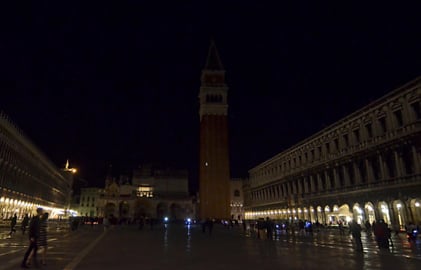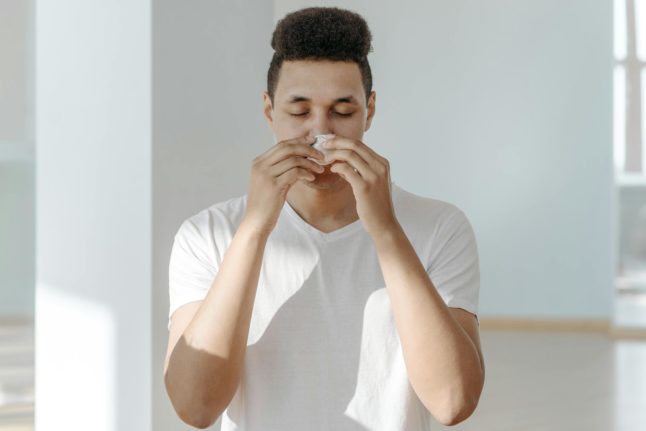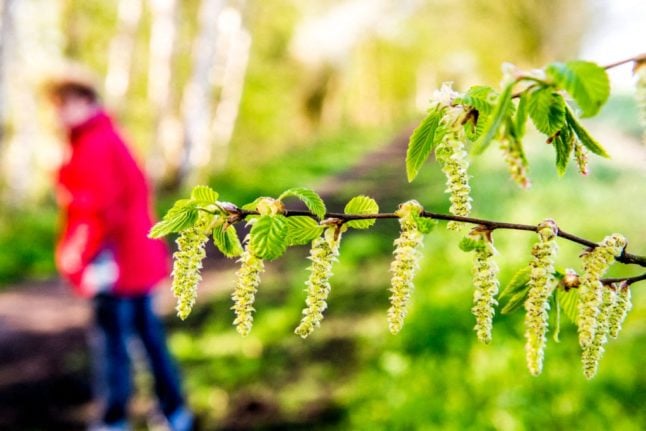The World Wildlife Fund is encouraging households and businesses across the world to turn off non-essential lights for one hour over the weekend, in a global movement to unite people to protect the planet and promote sustainability.
More than 7,000 cities and towns will switch off the lights illuminating their landmarks, government buildings and city skyscrapers at 8.30pm local time.
All of Austria’s main cities will participate. The lights at Austria’s government buildings on Stubenring in Vienna will be switched off, and the Foreign Ministry will also go dark.
Paris’s Eiffel Tower, the Golden Gate Bridge in San Francisco, the Acropolis in Athens and the Christ the Redeemer statue in Rio de Janeiro will all go dark for the hour.
Earth Hour was started by environmental charity WWF in Australia in 2007. It is held at the end of March around the time of the Spring and Autumn equinoxes in the northern and southern hemispheres respectively, which means that the time of sunset is almost the same in both hemispheres and ensures the greatest visible impact for the "lights out".




 Please whitelist us to continue reading.
Please whitelist us to continue reading.
Member comments